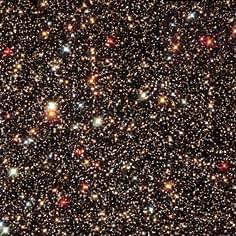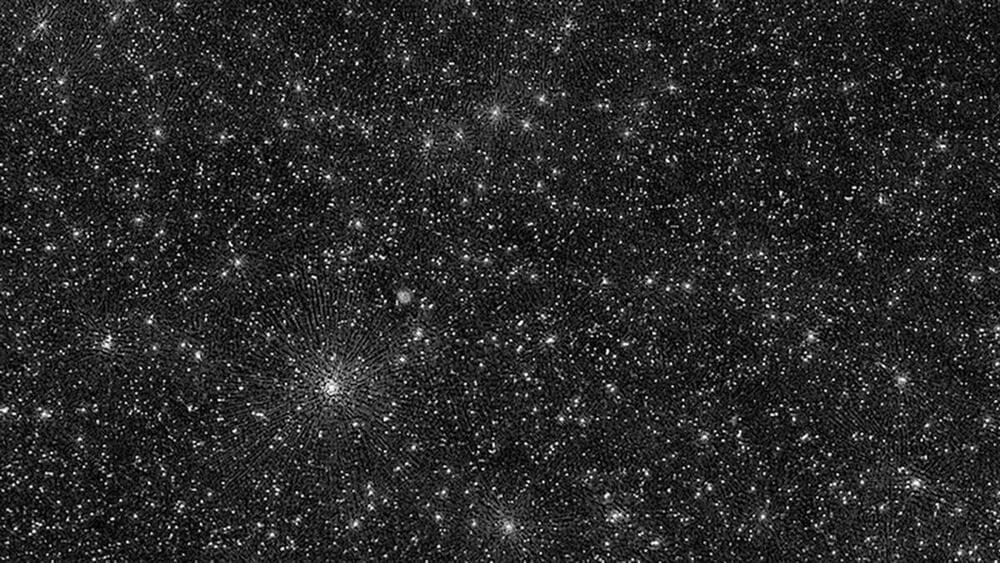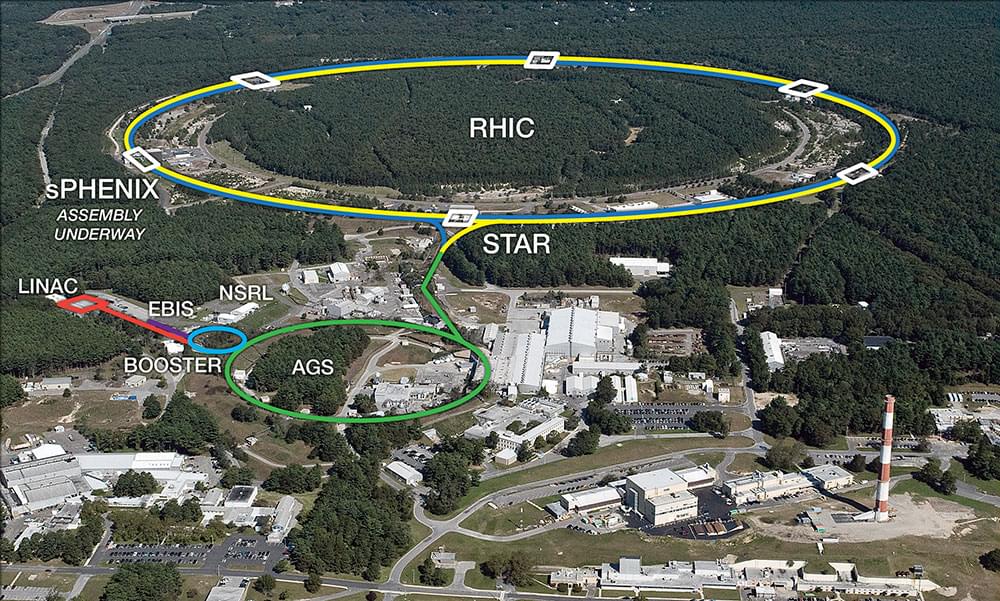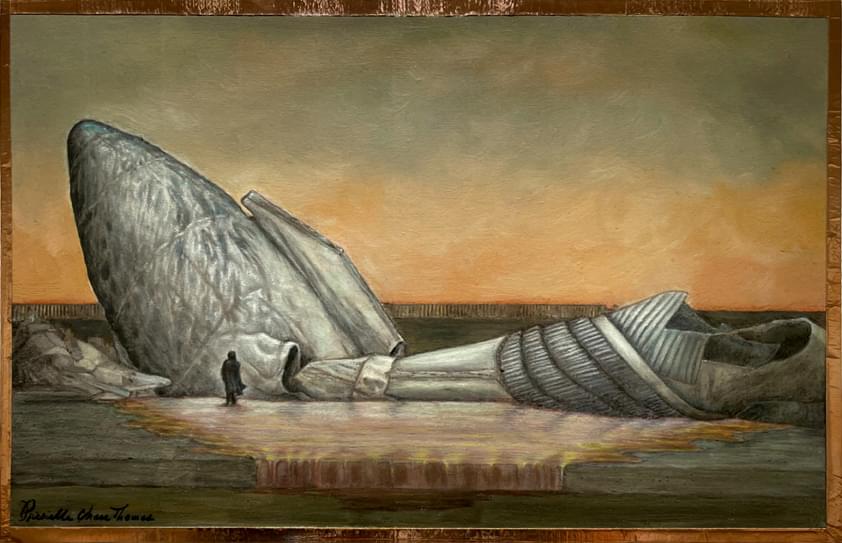According to this site there are 100 billion blackholes in our universe.
Information, virtual journeys, and simulations about black holes from the Space Telescope Science Institute.



I found this super interesting. I never considered the idea that I may have lived this exact life an infinite amount of times already. I find stuff like this to be brain candy, and this article is particularly well-written in my opinion. Did The Big Bang Arise Out of Nothing?
“The last star will slowly cool and fade away. With its passing, the Universe will become once more a void, without light or life or meaning.”
So warned the physicist Brian Cox in the recent BBC series Universe. The fading of that last star will only be the beginning of an infinitely long, dark epoch. All matter will eventually be consumed by monstrous black holes, which in their turn will evaporate away into the dimmest glimmers of light.
Space will expand ever outwards until even that dim light becomes too spread out to interact. Activity will cease.
The photonic future of cpu’s and gpu’s — lightelligence PACE.
The new Photonics Hardware company Lightelligence has just announced their Photonics AI Accelerator card PACE that’s eventually supposed to be put into consumers personal computers in conjunction with their regular CPU’s and GPU’s. The crazy speed and efficiency of those Photonic chips are supposed to make Artificial Intelligence model training much faster and keep the heat down.
–
TIMESTAMPS:
00:00 A New Hardware Maker.
02:13 Why are Photonic Chips better?
04:23 How do Photonic Chips work?
06:45 The Future of Photonic Computing.
09:47 Last Words.
–
#photonics #cpu #lightelligence

The combination of techniques is now delivering highly polarized proton beams to collide inside STAR.
STAR upgrades.
When they analyze results from these collisions, STAR physicists will be looking for differences in the numbers of certain particles emerging to the left and right of the polarized protons’ upward pointing direction.

One of the key problems with lithium-ion batteries is that, over time, they do lose some of their battery life. This is why recycling them is so important. But what if there was a way to bring them back to life? And by this, I mean make them as good as new without recycling them. What if you could not only bring them back to life but extend the battery’s life by up to 30%?
Researchers at Stanford University along with the Department of Energy’s SLAC National Accelerator Laboratory may have done just that. No, this isn’t the beginning of a zombie horror apocalypse type of story, but it is a potentially revolutionary breakthrough.
Green Car Congress reports that the researchers might have found a way to bring rechargeable lithium batteries back to life with an increased boost to the range of battery life for both EVs and next-generation electronic devices. The study on the work has been published in Nature.

Space Renaissance is launching the 2022 Membership Campaign!
Space Renaissance Artists **Einar Larsen**, from Norway, and **Priscilla Thomas**, from Alaska, generously donated some of their artworks, and other Space Artists will do the same!
Every **new SRI Members** will receive a link to download a beautiful Visual Space Renaissance ArtWork! ## **CHECK IN TODAY!**.
Artworks donated by Space Artists to all new SRI Members!

The “Robotics in Healthcare” Challenge is about the interaction of robotic systems with humans in medical applications. For this purpose, we are looking for ideas around the topic of diagnosis, rehabilitation and treatment in the healthcare and nursing sector. We encourage participants to submit a concept that uses a robotic system to improve the ability to monitor health and prevent, detect, treat, and manage disease, as well as to test and demonstrate new models and tools for health and care delivery. We are looking for solutions that will enable new robotic use cases for the future of healthcare. You can win 20,000 Euros.
Call for Participation: Until 7 January 2022 you can apply with your innovative concepts to the Medical Robotics Challenge!

China’s “artificial sun”, a nuclear fusion tokamak reactor that could provide almost limitless amounts of emission-free energy, set a new record on Thursday by running for 1,056 seconds at high plasma temperature, according to a report from Xinhua.
The particular tokamak reactor is called EAST, which stands for Experimental Advanced Superconducting Tokamak. It is located in Hefei, China, and it also broke a record in May when i… See more.